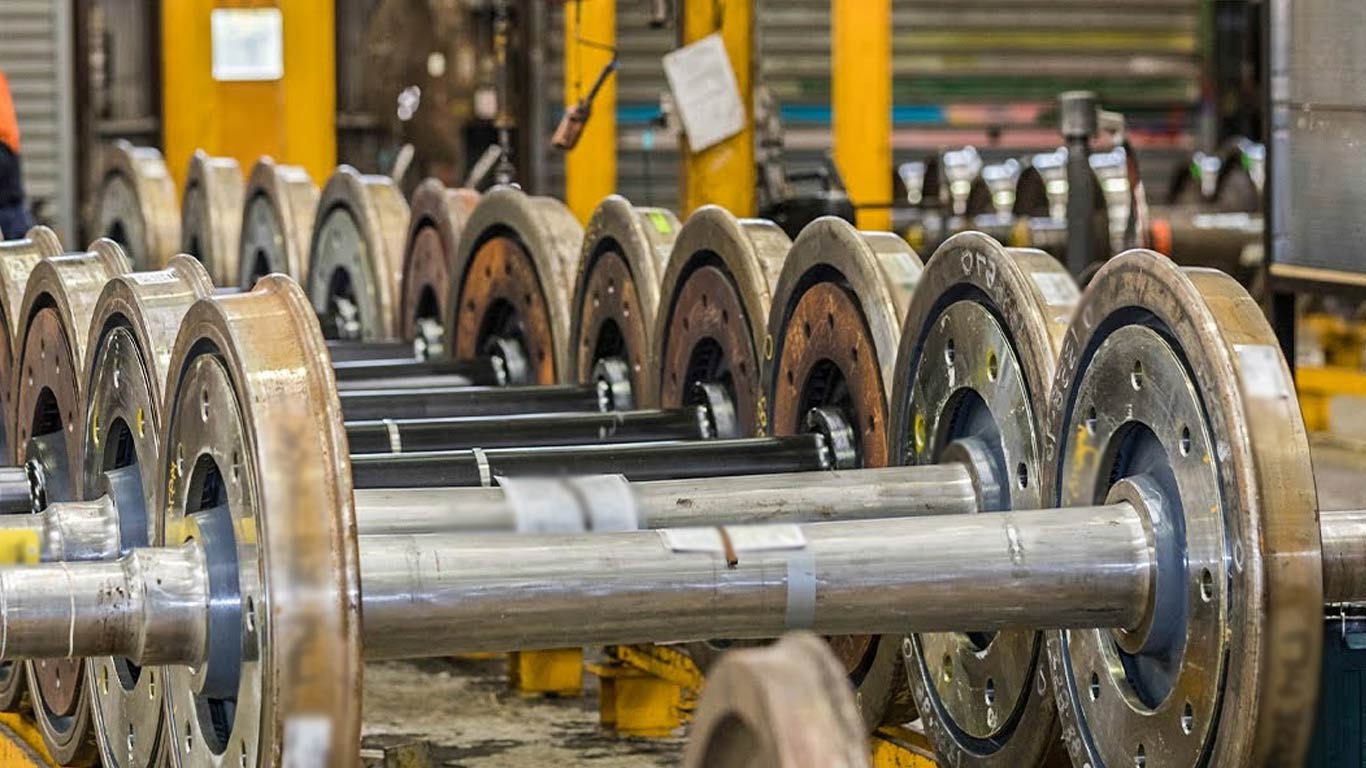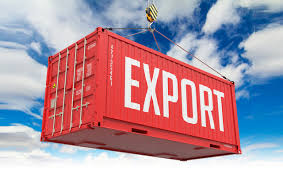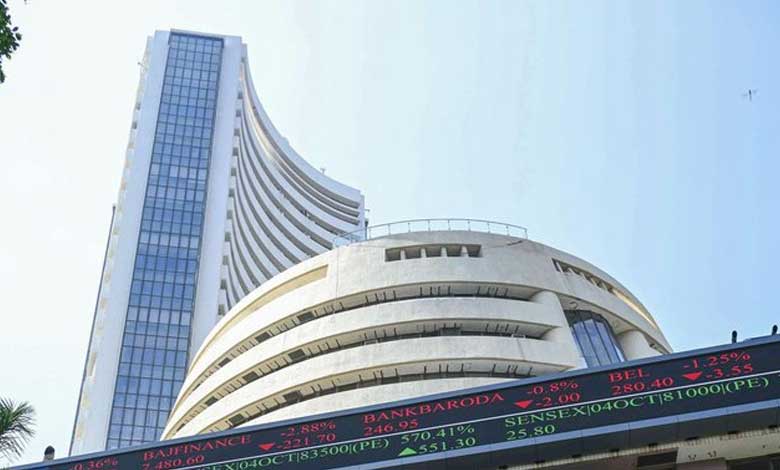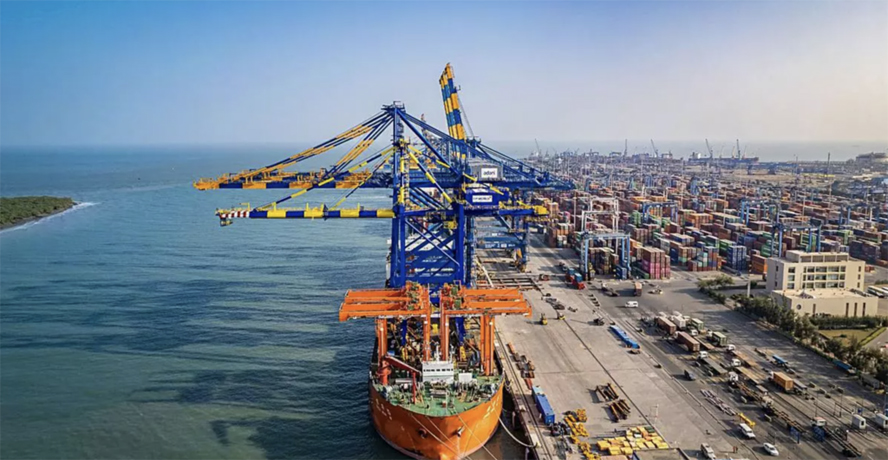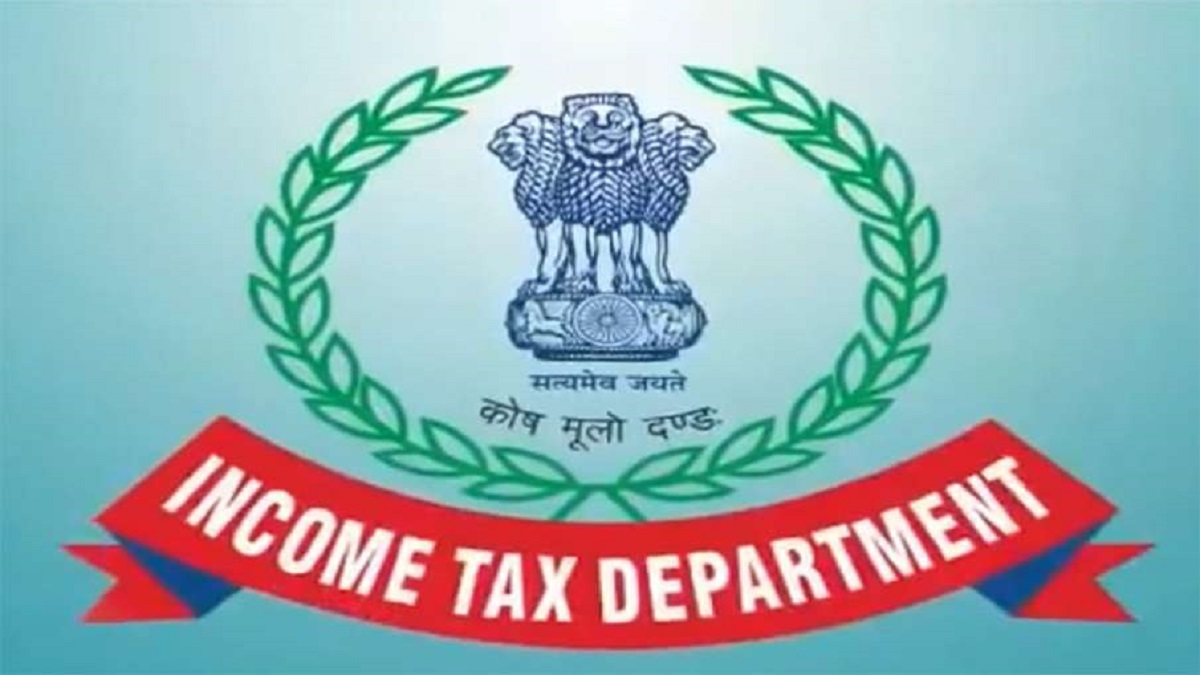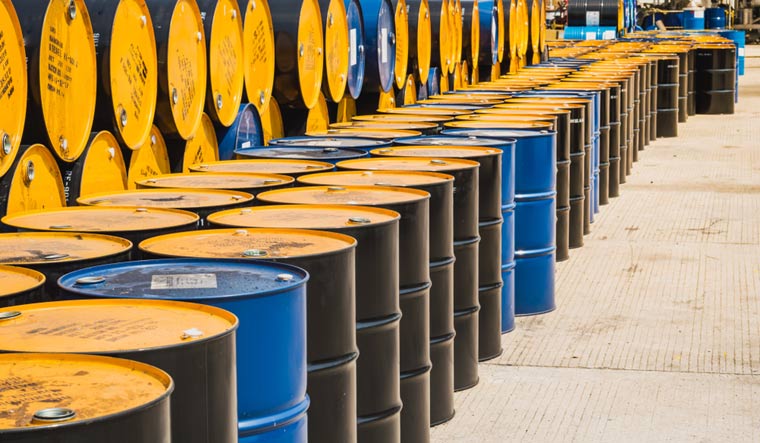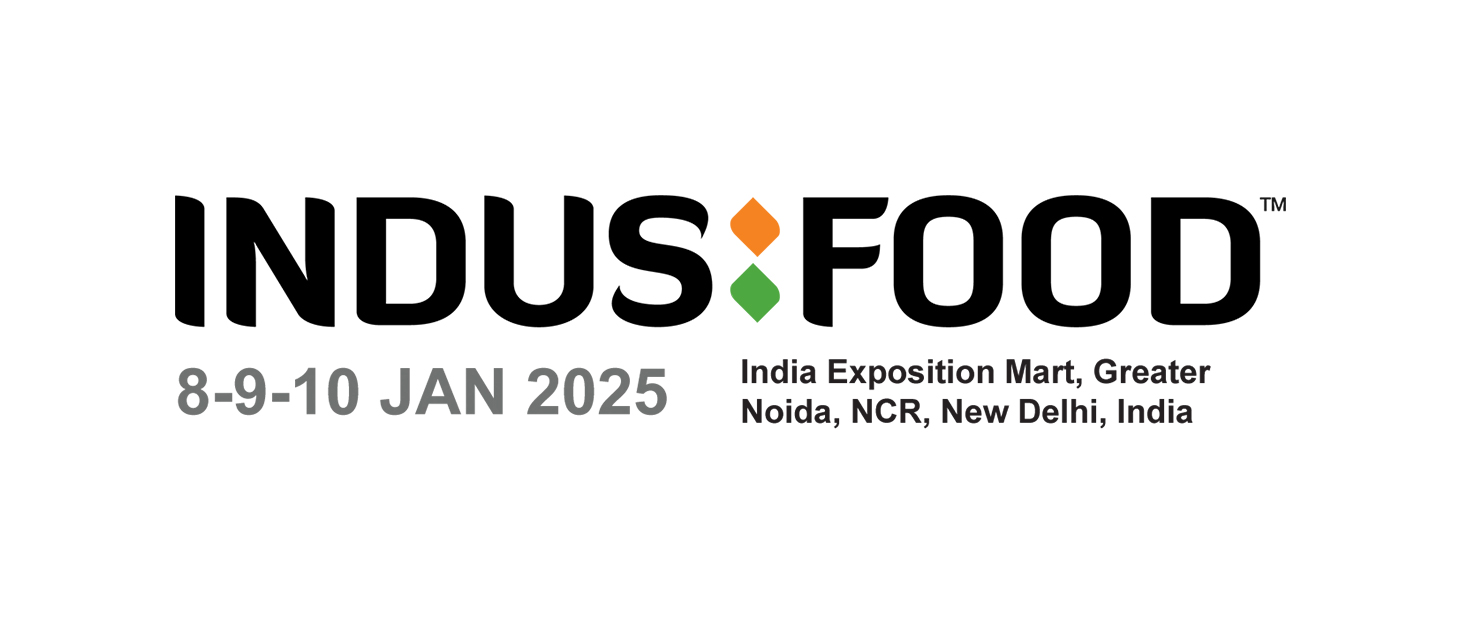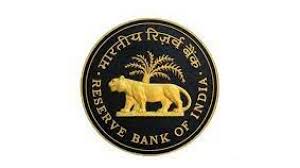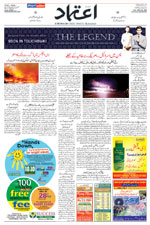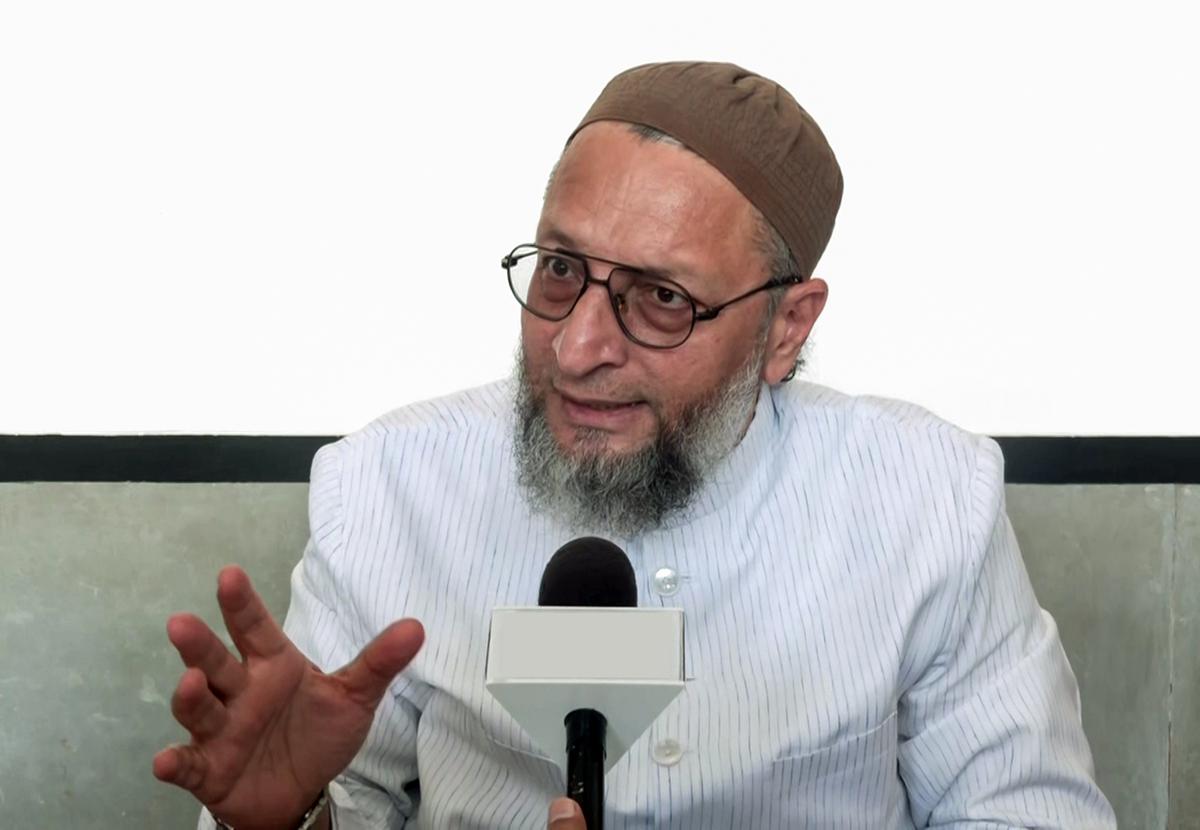WTO convenes key meeting of trade ministers on July 15 on fisheries subsidies
Mon 14 Jun 2021, 10:02:46
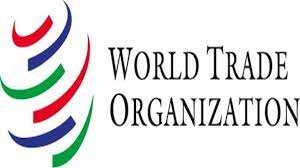
New Delhi: The chief of the World Trade Organisation (WTO) has convened a meeting of all trade ministers on July 15 to iron out differences with regard to providing fisheries subsidies, sources said.
The aim is to conclude the negotiations soon and after that a text is finalised so that an agreement on fisheries can be reached in the forthcoming Ministerial meet of WTO in December in Geneva.
Hectic negotiations are going on in Geneva on the matter. The objective of these negotiations is to discipline subsidies with the overall objective to have sustainable fishing and to eliminate IUU (illegal, unreported and unregulated) fishing subsidies and prohibit subsidies contributing to overcapacity and overfishing.
“It will be an online meeting of the Trade Ministers. WTO Director General Ngozi Okonjo-Iweala has called the meeting of the trade negotiating committee on July 15 on the matter,” sources said.
While developed nations are pushing for prohibitions on subsidies, India wants an equitable and balanced outcome as the country provides support to its small and marginal fishermen who depend on the sector for sustenance.
Unlike rich nations which provide billions of dollars of subsidies
to their fishermen, India’’s subsidy amounts to only about Rs 770 crore. The government provides subsidies on things like fuel and boats.
to their fishermen, India’’s subsidy amounts to only about Rs 770 crore. The government provides subsidies on things like fuel and boats.
Fishing communities of developed countries use highly mechanised boats for fishing, which are called mother boats wherein they have processing units also.
As India’’s subsidy is minimal and provided to small and marginal fishermen, it has sought more time to implement the norms or disciplines, which would be finalised after complete negotiations, on the prohibition of subsidies for fishing activities in Exclusive Economic Zones (EEZs).
There are primarily three areas of fishing - territorial waters (12 nautical miles from the sea shore), EEZ (exclusive economic zones - 200 nautical miles), and high seas.
India wants that fishing activities in territorial waters should be completely out of the ambit of the agreement, while adequate time should be given to implement commitments of the agreement in EEZs.
For this, the country has asked for the necessity of an appropriate and effective special and differential treatment (S&DT) for developing countries and LDCs (least developed countries) in the negotiations.
No Comments For This Post, Be first to write a Comment.
Most viewed from Business
AIMIM News
Asaduddin Owaisi questions PM Modi's China policy
Jan 08, 2025
Owaisi slams UP over police post near Sambhal mosque
Dec 31, 2024
Owaisi hails SC order on Places of Worship Act
Dec 13, 2024
AAP Corporator Tahir Hussain joins AIMIM party
Dec 11, 2024
Latest Urdu News
Most Viewed
May 26, 2020
Which political party will win the Delhi Assembly polls to be held on Feb 5?
Latest Videos View All
Like Us
Home
About Us
Advertise With Us
All Polls
Epaper Archives
Privacy Policy
Contact Us
Download Etemaad App
© 2025 Etemaad Daily News, All Rights Reserved.


